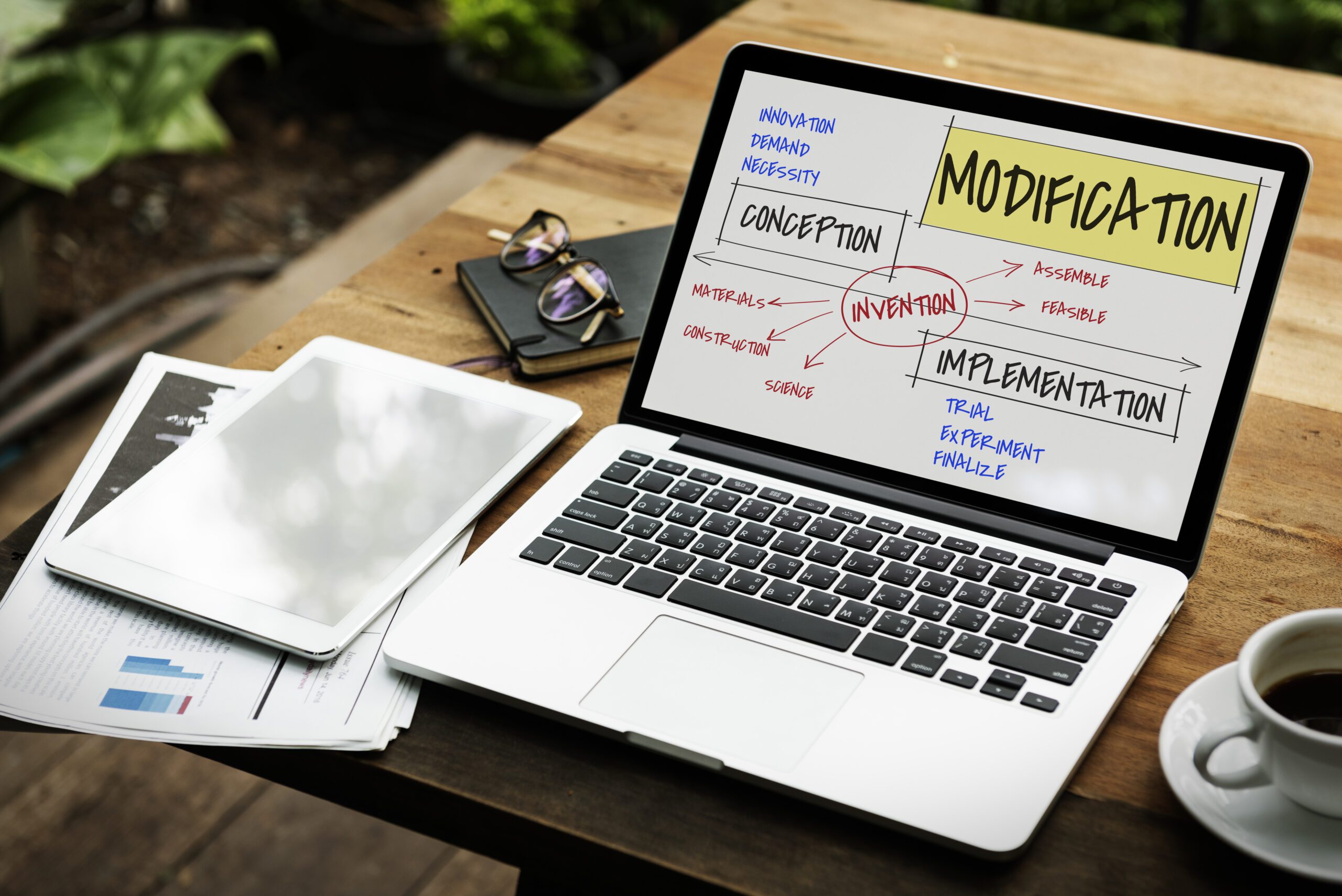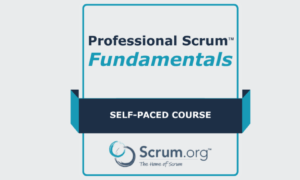In the realm of education, the ability to retain knowledge and achieve desirable learning outcomes is of paramount importance. Educators and trainers are constantly exploring innovative methods to enhance the learning experience and promote long-term retention of information. One such tool that has gained popularity in recent years is quiz makers. Quiz makers are digital platforms that allow educators to create interactive quizzes and assessments for their learners. In this article, we will explore how quiz makers can improve knowledge retention and learning outcomes.
Active Learning
Traditional teaching methods often rely on passive learning, where students passively absorb information from lectures or textbooks. However, research has shown that active learning engages students in the learning process and improves retention. Quiz makers provide an avenue for active learning by allowing students to actively participate in quizzes. This engagement stimulates their thinking process and enhances their understanding of the subject matter. When students actively answer questions, they are more likely to remember the information compared to passive learning methods.
Retrieval Practice
One of the key features of quiz maker is the ability to implement retrieval practice. Retrieval practice is a learning technique that involves recalling information from memory rather than simply reviewing it. By regularly using quiz makers, learners engage in active retrieval of knowledge, which strengthens their memory and facilitates long-term retention. The process of recalling information from memory helps reinforce neural connections, making the information easier to recall in the future. Regular retrieval practice through quizzes allows learners to solidify their understanding and improve knowledge retention.
Spaced Repetition
Quiz makers also facilitate spaced repetition, another powerful learning technique. Spaced repetition involves reviewing information at increasing intervals over time. This method leverages the spacing effect, which suggests that information is better retained when it is encountered multiple times with increasing intervals between each repetition. Quiz makers can automate the process of spaced repetition by scheduling quizzes at appropriate intervals. By revisiting previously learned material through quizzes, learners reinforce their knowledge, promote long-term retention, and avoid the forgetting curve.
Immediate Feedback
One of the advantages of quiz makers is the ability to provide immediate feedback to learners. Immediate feedback plays a vital role in the learning process as it helps learners identify their mistakes, correct misconceptions, and reinforce correct understanding. When learners receive immediate feedback after answering a question, they can reflect on their responses and adjust their thinking accordingly. This feedback loop allows learners to address gaps in their knowledge, clarify misunderstandings, and further consolidate their understanding of the subject matter.
Gamification
Quiz makers often incorporate gamification elements, such as leaderboards, badges, and rewards, to enhance learner engagement. Gamification leverages the inherent human desire for competition, achievement, and recognition. By adding a competitive element to quizzes, learners are motivated to actively participate and strive for better performance. The element of fun and challenge in gamified quizzes can significantly increase learner engagement, which, in turn, leads to improved knowledge retention and learning outcomes.
Personalized Learning
Every learner has unique strengths, weaknesses, and preferred learning styles. Quiz makers allow educators to create personalized quizzes tailored to individual learners’ needs. By adapting quizzes to specific learning goals and preferences, educators can optimize the learning experience for each student. Personalized quizzes provide learners with targeted practice, ensuring they focus on areas that require improvement. This individualized approach maximizes the effectiveness of the learning process, leading to better knowledge retention and improved learning outcomes.
Conclusion
In today’s digital age, quiz makers offer a powerful tool to enhance knowledge retention and learning outcomes. By promoting active learning, retrieval practice, spaced repetition, immediate feedback, gamification, and personalized learning, quiz makers empower educators and learners alike. The interactive nature of quizzes engages learners, strengthens memory recall, and




































